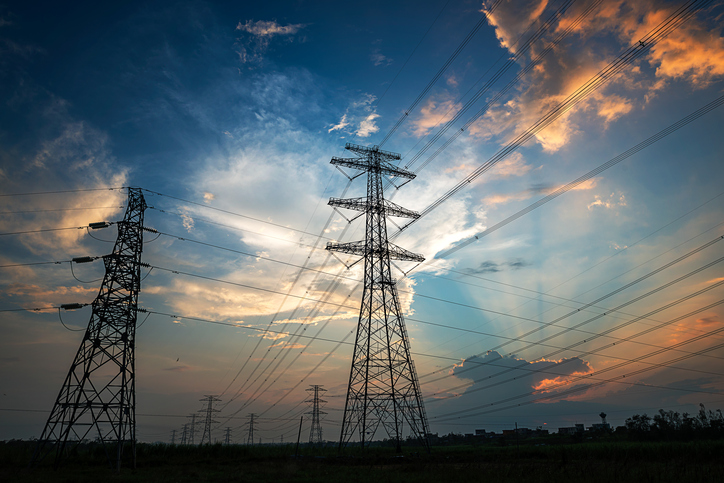The default tariff price cap is predicted to increase by £66 from April 2021 as wholesale power prices jump.
According to forecasts from Cornwall Insight, this will see the typical dual fuel direct debit customer’s energy costs increase from the current level of £1,042 to £1,108 per year.
This follows wholesale energy prices rebounding in the latter part of 2020 and into 2021 after falling dramatically in the first half of 2020 due to the COVID-19 pandemic. Demand dropped as factories and offices shut in the UK after the first lockdown was announced in March – hitting a record low of just 13.8GW in May – causing the wholesale price to fall correspondingly.
Ofgem reduced the level of the default tariff price cap – which is designed to protect 11 million households by ensuring they pay a fair price for electricity and gas – by £84 annually from 1 October in response to this.
But as the country opened up again over the summer, and most industry remained active into the winter, demand has stayed strong and therefore April Baseload prices have risen 16% from 1 December to present.
“Wholesale prices have been boosted by a combination of factors including rising worldwide energy costs and recovery of UK prices from the ground that they lost in Summer 2020 under the first COVID-19 lockdown period,” explained Robert Buckley head of relationship development at Cornwall Insight. “In addition to this is the impact of the current winter weather conditions on the market.”
During the first weeks of 2021, prices have been particularly volatile because of weather conditions. Low wind and cold weather has led to day ahead prices skyrocketing to a high of £1,500/MWh, whilst challenges balancing supply and demand pushed the imbalance price to a high of £4,000/MWh.
A number of other factors are playing into the predicted increase in the price cap according to Cornwall Insight, including an increase in policy costs designed to support renewable and low-carbon electricity generation.
“This upward movement has been mitigated slightly by the fact that a one-off £15 COVID-related cost element in place for the Winter 2020-21 cap is now no longer present in the calculations for Summer 2021,” continued Buckley.
“However, Ofgem is currently consulting on introducing an additional charge for COVID-19 related bad debt. The regulator has estimated this to be a £21 charge for Summer 2021. This would represent a further rise to our predict view.”
The regulator is set to publish a final decision in early February 2021, ahead of the introduction of the summer price cap in April. If the additional charge is brought in it would help manage the increase in bad debt expected due to the higher level of unemployment that has led many households to struggle to pay their energy bills as a result of the pandemic.
Competitive tariffs are currently priced around £180 below the current price cap though, and thus customers will still be able to save under an increased summer cap, in particular under a Standard Variable Tariff which would take into account demand and generation, such as surging solar.
This week, Octopus Energy launched a “world first” local time of use tariff that drops prices for customers when wind speeds are up, for example. This will mean that compared to the price cap set at £1,042 for a typical dual-fuel household current, those in the ‘Fan Club’ could save up to £229.
“The COVID-19 pandemic has brought a unique set of circumstances for suppliers having a difficult situation to juggle, facing higher wholesale costs and bad debt levels rising,” finished Buckley.
“Now, they will be assessing their commercial strategies closely. The decision of what to do is not a simple one, with fragile balance sheets, varying hedging strategies, and rising policy and network costs mean there is no one-size-fits-all answer.”





